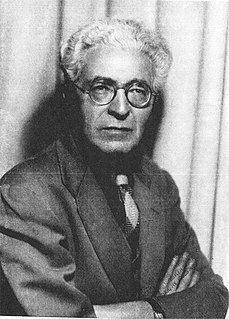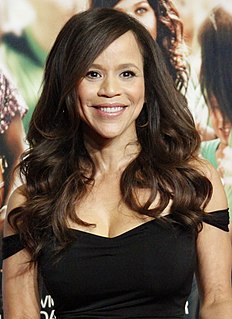A Quote by Larry Winget
The premise, to me, is the most important thing that you have to know going in. It's the problem as you see it. So I write down the problem as I see it. That is the premise for my book.
Related Quotes
I, myself, write to change my life, to make it come out the way I want it to. But other people write for other reasons: to see more closely what it is they are thinking about, what they may be afraid of. Sometimes writers write to solve a problem, to answer their own question. All these reasons are good reasons. And that is the most important thing I'll ever tell you. Maybe it is the most important thing you'll ever hear. Ever.
No, you don't have to start your play with a premise. You can start with a character or an incident, or even a simple thought. This thought or incident grows, and the story slowly unfolds itself. You have time to find your premise in the mass of your material later. The important thing is to find it.
When you start looking at a problem and it seems really simple, you don't really understand the complexity of the problem. Then you get into the problem, and you see that it's really complicated, and you come up with all these convoluted solutions. That's sort of the middle, and that's where most people stop... But the really great person will keep on going and find the key, the underlying principle of the problem - and come up with an elegant, really beautiful solution that works.
I see the war problem as an economic problem, a business problem, a cultural problem, an educational problem - everything but a military problem. There's no military solution. There is a business solution - and the sooner we can provide jobs, not with our money, but the United States has to provide the framework.
































